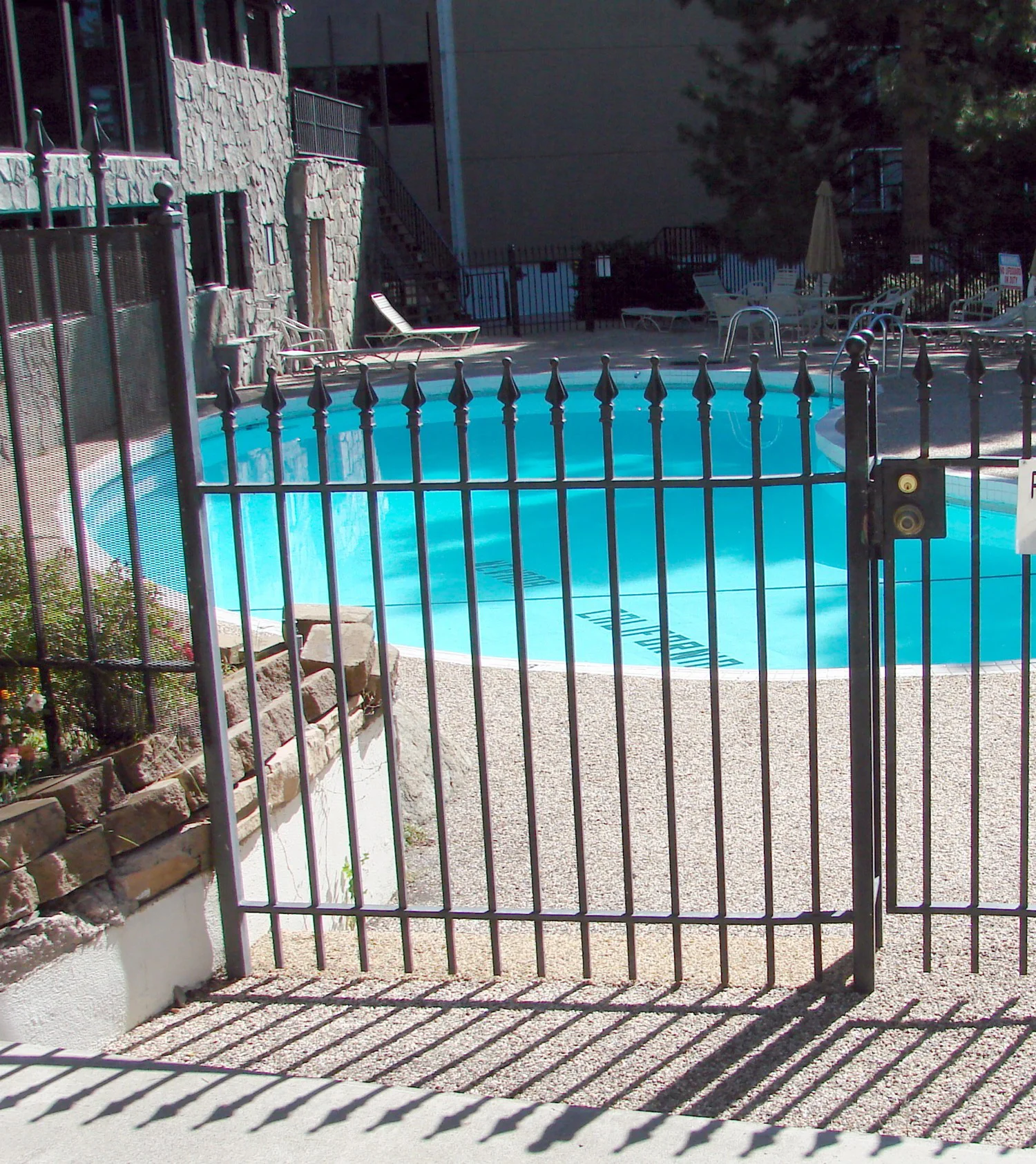In Australia, there are pool compliance regulations that every pool owner should follow. A council inspector or a private pool safety certifier is required to inspect your pool and help you obtain the certification of pool compliance. In another words, a pool certifier play an important role when it comes to compliance.
Nowadays, there are a lot of private inspectors who you may ask for professional assistance from. But how do you choose the best pool compliance certifier in Australia? Here is a blog post to help pool owners in the research and decision making process.
What is a pool compliance certifier in Australia?
A pool compliance certifier is a person responsible for carrying out inspections to make swimming pools compliant. The certifier also issues a pool safety certificate. A pool inspector may also provide repair services if necessary. They must also be authorised by the Building Professionals Boards and are knowledgeable enough in the field.
A good pool compliance certifier in Australia should be:
Better than council inspectors
Private Inspector or Local council can provide pool inspections for homeowners. Some clients may find the local council to be cheaper than private certifiers. However, the lead time of the council service usually takes longer comparing to the private certifiers.
When it comes to pool safety and compliance inspections, most clients prefer to choose a private certifier over the local council because private inspectors offer fast and reliable services. Although certifiers may charge higher rates than the local council, you will definitely get what you pay for.
Charges reasonable rates
In terms of service charges, you should go for certifiers that charge reasonable rates for their services. A comprehensive pool compliance inspection for residential pools may cost you up to $300 for an initial inspection. Another $150 may be charged if a second or follow-up inspection is needed. For spa pools, inspections may cost up to $150.
Private certifiers may charge different rates for specific inspection at different location. Compare a couple of pool inspection service providers in your local area and pick the one you like and keep in mind that if the price is low or too low, then there may be something wrong.
Provides pool repair services
One of the advantages of having a private certifier is that some of them do provide repair services. Repair services are needed especially when a pool is found to be non-compliant with the pool law. When making an inquiry, make sure that your chosen inspector offers repair services, so you avoid headache or dealing with different services suppliers who may not be able to help you get the compliance certificate you want.
Transparent and reliable
A good pool compliance certifier should be transparent and trustworthy to their customers. When it comes to the inspection process, the inspector should explain the procedure well. They should also recommend the best ways to fix the issues regarding pool compliance with no hidden charges.
Acclaimed by many clients
A good certifier is when the customers are satisfied with the services that they provide. Also, a well chosen certifier should maintain high quality work all the time.
Furthermore, they should have open and effective communication with their clients foreasy mutual understanding. They should work closely with their clients to promote public awareness of pool safety.
What type of certifier do you need?
There are different categories of certifiers which are accredited by the Building Professionals Board. They are grouped according to their expertise, qualifications and experience.
Small residential developments are specialised by an A1, A2, or A3 certifiers. This group of certifiers can also act as a PCA (principal certifying authority) for building or structural works and can issue necessary compliance certificates for swimming pools.
Moreover, E1 certifiers are authorised to inspect and issue certificates of compliance that are under the Swimming Pools Act 1992. However, they cannot assess or approve proposed plans for swimming pools.
Conclusion
Choosing the best pool compliance certifier may be difficult and time consuming. However, it is very vital for pool owners to make sure that their pools are compliant with the law.
Good thing, there are lots of pool certifiers in Australia that is reliable enough to take care of all your pool compliance needs. Apart from a comprehensive pool safety inspection, they can also provide high quality repair services at a reasonable rate. My pool safety is the one that are recommended by so many people in NSW.
